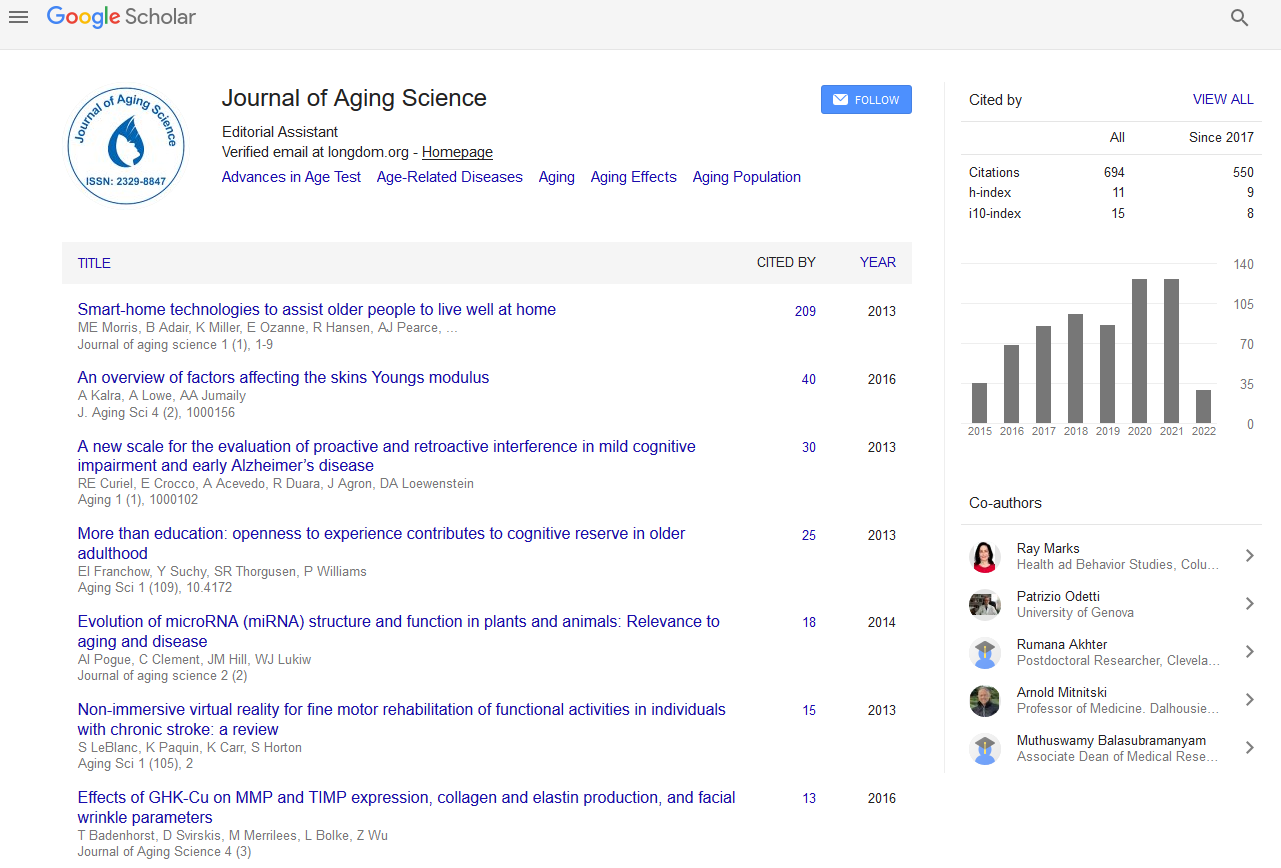PMC/PubMed Indexed Articles
Indexed In
- Open J Gate
- Academic Keys
- JournalTOCs
- ResearchBible
- RefSeek
- Hamdard University
- EBSCO A-Z
- OCLC- WorldCat
- Publons
- Geneva Foundation for Medical Education and Research
- Euro Pub
- Google Scholar
Useful Links
Share This Page
Journal Flyer

Open Access Journals
- Agri and Aquaculture
- Biochemistry
- Bioinformatics & Systems Biology
- Business & Management
- Chemistry
- Clinical Sciences
- Engineering
- Food & Nutrition
- General Science
- Genetics & Molecular Biology
- Immunology & Microbiology
- Medical Sciences
- Neuroscience & Psychology
- Nursing & Health Care
- Pharmaceutical Sciences
Abstract
Whether Delirium Acts as ECT?
Shailendra Mohan Tripathi, Rakesh Kumar Tripathi, Indrapal Singh, Shrikant Srivastava and Tiwari SC
Delirium is defined by the acute onset of fluctuating cognitive impairment and a disturbance of consciousness with reduced ability to attend. It may occur at any age but is more common in older adults. By virtue of working in the psychogeriatric hospital (Department of Geriatric Mental Health, King George’s Medical University, Lucknow, India), authors experienced that many elderly patients with psychiatric illness develops delirium because of various reasons. Subsequently, we observed that psychiatric manifestations of the patients improved significantly following recovery from delirium. A series of such four cases (case 1- Depression with psychotic features, 2- Manic episode, 3- Bipolar affective disorder current episode mania and 4- Depressive episode) later developed delirium has been presented and discussed in this paper. ICD-10 criteria were used for the diagnosis of delirium and psychiatric illnesses. Average stay of these patients in the hospital was 10 days. We found that signs and symptoms of these psychiatric disorders disappeared almost completely following the recovery from delirium. Therefore, it can be assumed that delirium potentially acts similar to ECT. By reporting such case we open a new dimension of research for effective treatment of the psychiatric patients. Inducing delirium in a patient is unethical but understanding pathophysiology behind it will certainly open the door for better cure of the ailing psychiatric patients.


